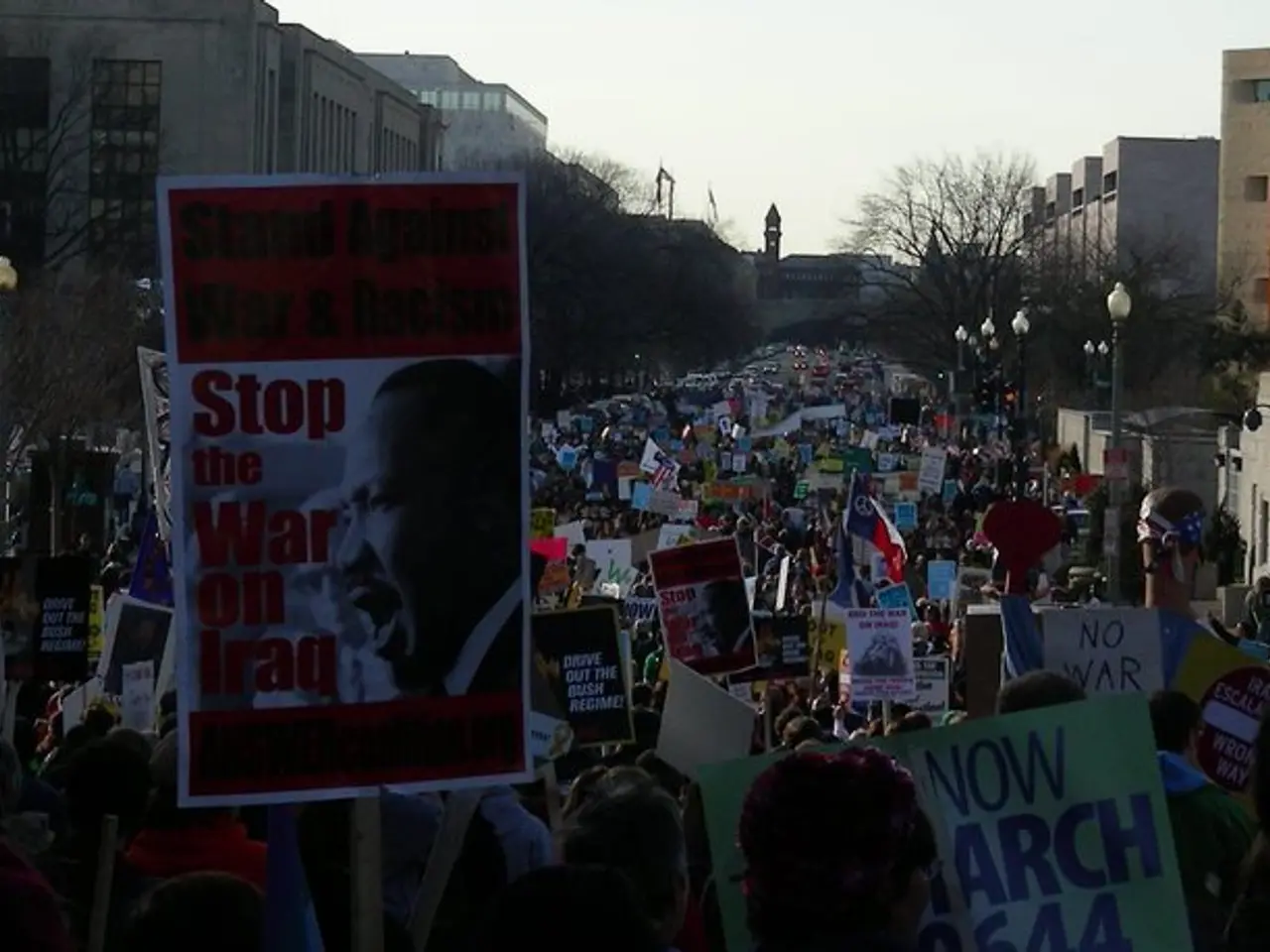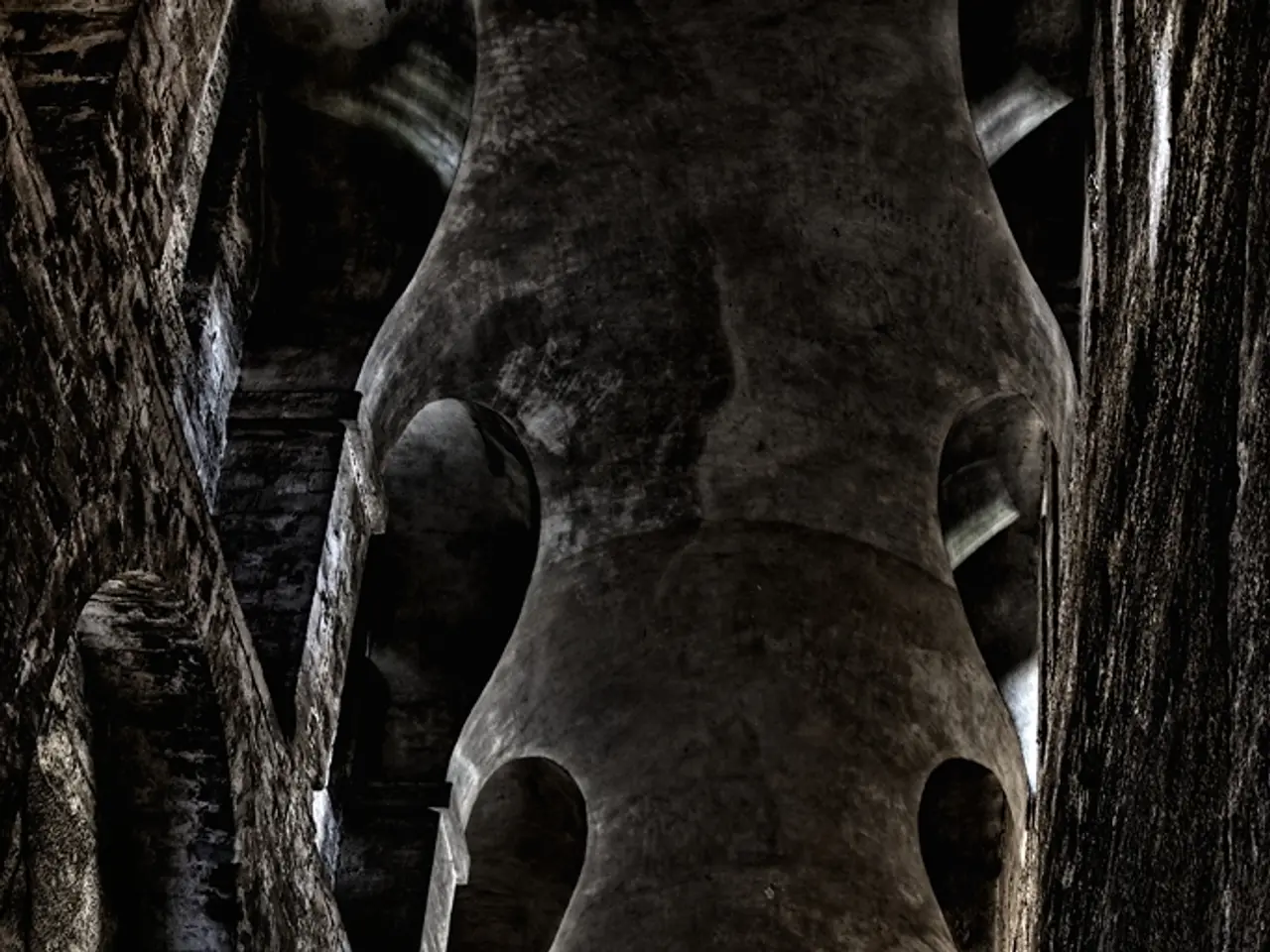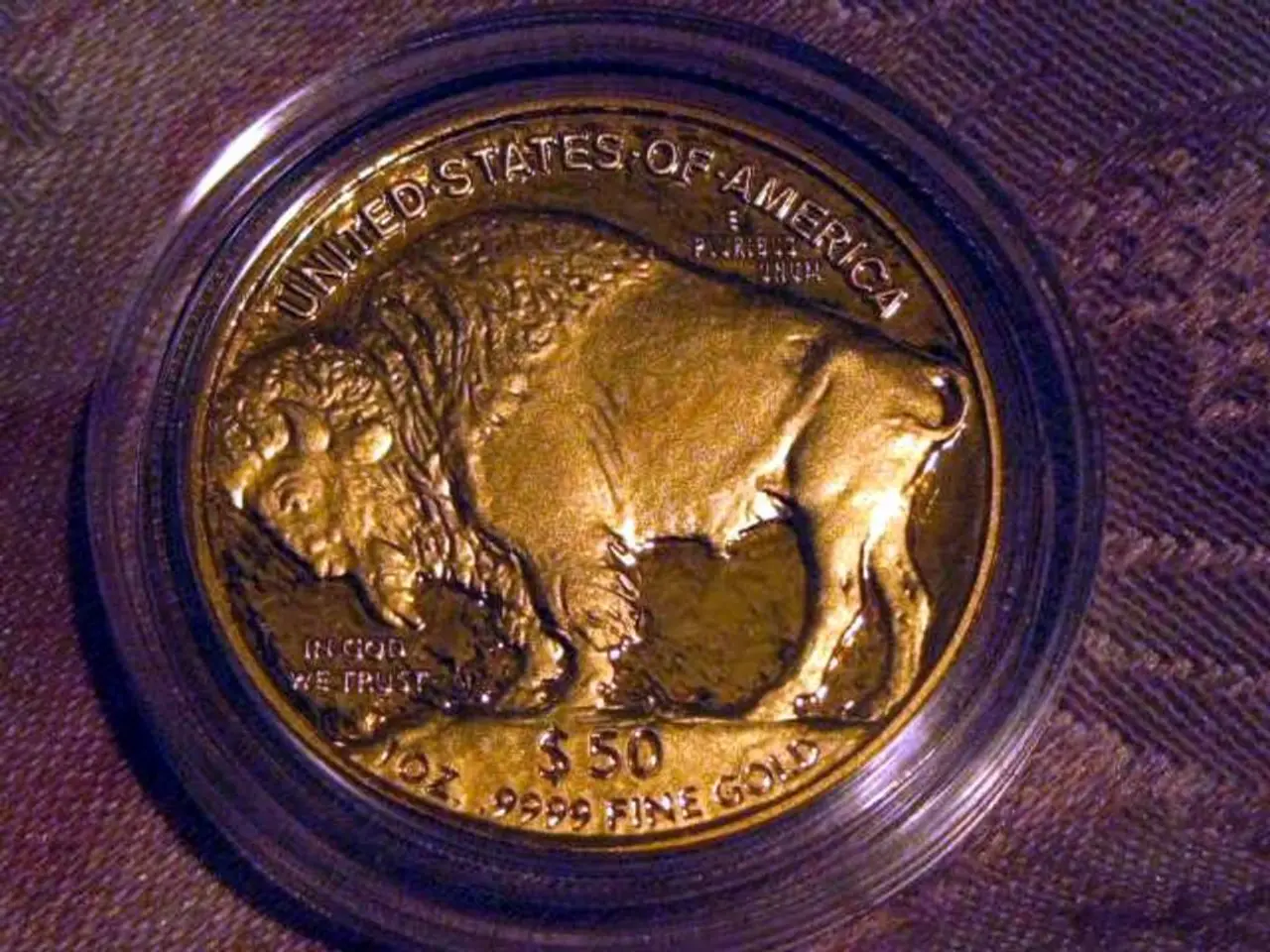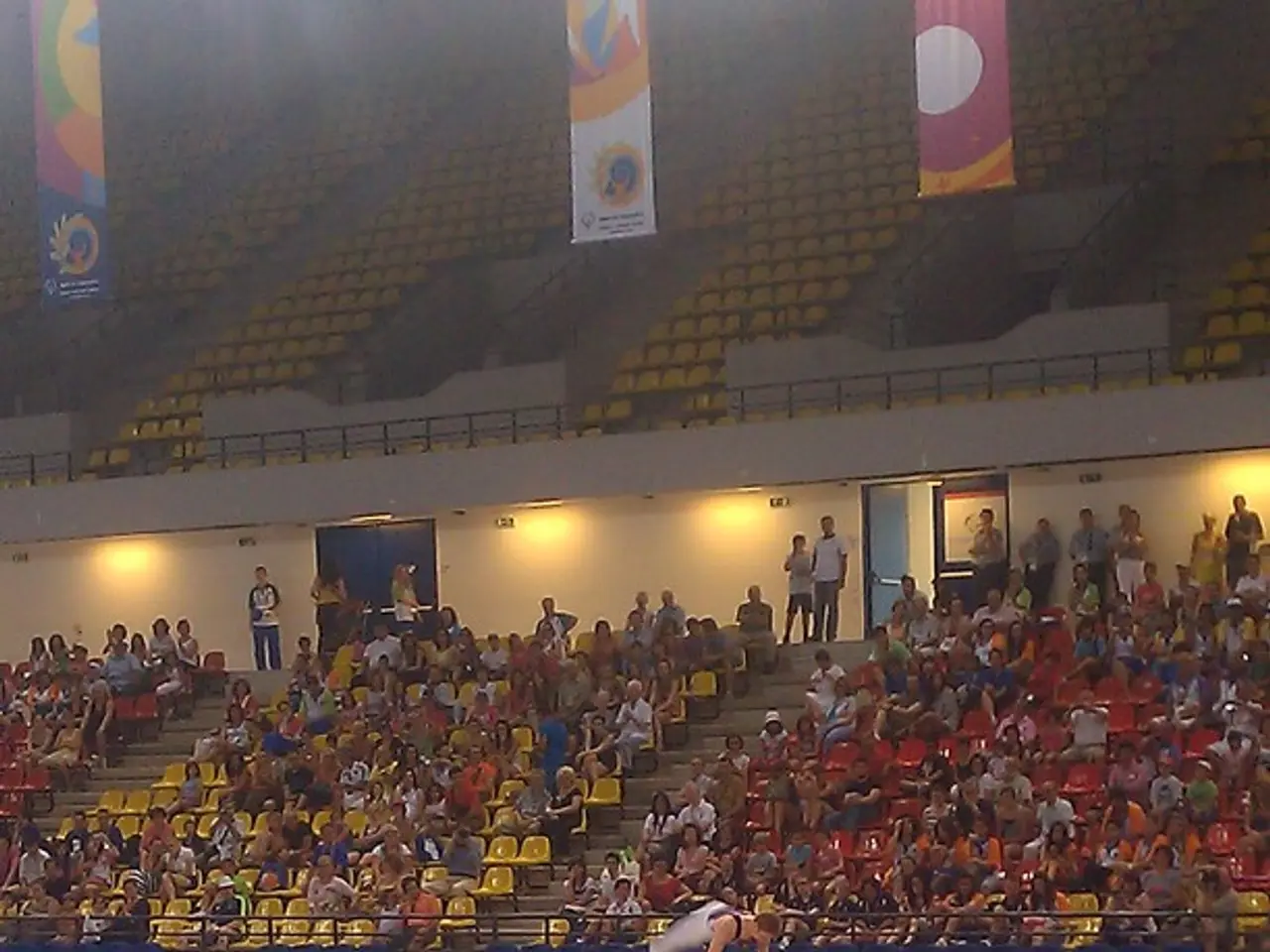Demonstrators rallying against Pegida protest in Dresden
Protesting Pegida and AfD in Dresden's Heartbeat
Dresden bustles with protests every Monday evening, as citizens speak out against Pegida marches and AfD rallies. The city's core becomes a battleground of conflicting ideologies.
The Pegida movement, with 1,000 registered supporters, faced repeated detours from their route due to counter-protesters obstructing the way. This time, Lutz Bachmann, Pegida's co-founder, and Björn Höcke, Thuringia's AfD state chairman, were in attendance. Our journalist estimated nearly double the number of counter-demonstrators. Höcke's speech was met with whistles.
Several law violations were reported during the church-police collaboration, including five investigations for breaking assembly laws, one each for robbery, physical assault, and using constitutionally banned symbols. A total of 370 officers were deployed to maintain order.
Insights into the Controversial Groups
The AfD, an "extreme right" and "right-wing extremist" party officially recognized by Germany's Federal Office for the Protection of the Constitution (BfV), holds a powerful stance in German politics. The BfV report labels the party as "racist and anti-Muslim," urging intensive observation and potential sanctions in aspects like funding or public-sector jobs.
Pegida, originating in Dresden, is a far-right, anti-Islam, and anti-immigration grassroots movement with a strong opposition to government immigration policies. These views resonate with those feeling neglected by mainstream politics and media.
Despite being a more structured political party, AfD shares a significant electoral success with its ideological cousins in Pegida, particularly in regions like Thuringia, Brandenburg, and Saxony, where the latter maintains its powerful weekly rallies.
A Charged Political Climate
As Pegida protests continue in Dresden, the city becomes a symbol of the polarized nature of Germany's far-right politics and immigration policies. The regime closely monitors both groups due to their radical viewpoints and potential threats to Germany's democratic order.
The situation remains volatile, as debates around banning or restricting these groups' activities continue. The rise of the far-right in Germany proves that these rallies in Dresden represent deeper societal tensions over immigration, identity, and national values within the nation.
The ongoing Pegida protests in Dresden are an integral part of the city's general news, given their association with war-and-conflicts, politics, and crime-and-justice, due to reports of law violations and their far-right, anti-Islam, and anti-immigration stance. The AfD, a right-wing extremist party, shares electoral success with Pegida and has faced intense scrutiny from the Federal Office for the Protection of the Constitution due to their racist and anti-Muslim ideologies. This charged political climate, symbolized by Dresden, highlights crime-and-justice issues and war-and-conflicts, as well as the complexities of politics and general-news in Germany.








